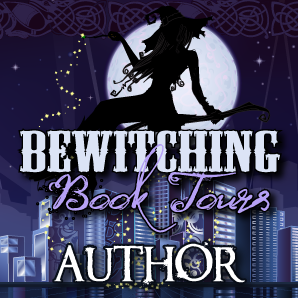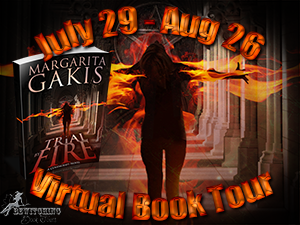Reposted from my blog tour
Yes, the most often asked question of writers, and the first one that comes to my mind as a reader : Where do you get your ideas?
I imagine like most authors, I would initially answer, “I don’t know. They just sort of come to me,” but that’s a really boring and unhelpful answer so I put my thinking cap on and sat down and tried to analyze my process.
What I realized was this – all my ideas all come from ‘somewhere’ or something tangible. Even if it’s not readily apparent. Thinking back on my most current working ideas [the ones I’ve recently written or am actively working on], the ‘biggest’ contributor is just the question, “What if?”
I tack that question on to a lot of stuff in my everyday life and mostly, it’s pretty boring. My inner monologue goes something like this:
- What if I’m late?
- What if I don’t pack a lunch? What will I eat?
- What if I don’t do laundry today? Can I make it a few more days with what I have
SNORE. But! Sometimes, I find I’m asking bizarre “what if” questions based on stuff that’s going on around me. My inner monologue then goes something like this:
- Jeez, that’s the fourth time I’ve seen that billboard, “WAKE UP!” What if it’s a message to me? What does it mean? Why am I getting it? What if I’m in a coma and this is all coma-world and all those messages are telling me to wake up?
- I was almost run over by that lady’s shopping cart and she didn’t even see me! Whoa, what if I was invisible? What if I died at some point this morning and I didn’t even realize it and now, I’m a ghost and no one can see me?
- The harvest moon is always so big and low. But it scares me sometimes. What if in a past life, I died while looking at it and now, whenever I see it hanging low and heavy on the horizon, I feel a little sick because somehow, my soul remembers that? I wonder what I did to ‘get dead’ while looking at the moon?
I kid you not, those are all LEGITIMATE thoughts I’ve had. Sometimes I get a thought like that and it turns into a short story, or a book, or even just a snippet for my slush pile. Other times I laugh at myself or just shake it off. Sometimes I say them out loud and get really strange looks.
I’ve gotten some ideas from other places too – snippets of a song I heard, or artwork, or maybe some overheard dialogue as I walk around. But the number one place I get them is just by stopping sometimes and wondering, “What if…?”
Side note – the “WAKE UP!” billboards turned out to be for a new morning radio show. Took me WEEKS to figure it out. I was really starting to be sure I was in a coma. True story.








